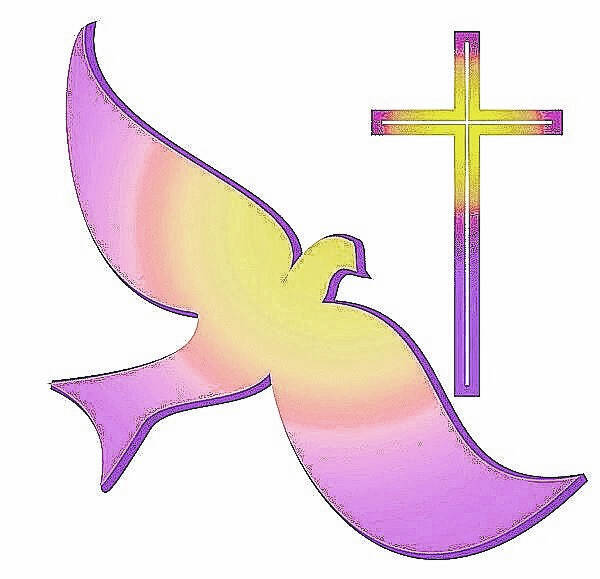The 40-day period of repentance and fasting traditionally observed by members of Christian denominations in preparation for Easter began on Wednesday with Ash Wednesday.
By observing the 40 days of Lent, Christians imitate Jesus’ withdrawal into the wilderness for 40 days — a time of reflection and self-sacrifice.
The Rev. William Rosenbaum, pastor of St. Clement Roman Catholic Church in Johnstown, said that Lent is a time of preparation for the celebration of the Paschal Mystery — the suffering, death and resurrection of Jesus.
“We see it as a time of repentance and trying to get closer to God and turning away from anything that might separate us from God or how God wants us to live,” he said.
“During the Lenten season, God gives everyone a call to holiness — to know him more intimately, to unite our sufferings to his sufferings, and to walk the road of Calvary with him and arrive at Easter.”
The Roman Catholic Church dictates that members abstain from eating meat on Fridays and that the faithful fast by eating only one large meal on Ash Wednesday and Good Friday, which is March 29 — two days before Easter.
“It represents that it’s good for us to make a change in our life,” Rosenbaum said.
“When we fast from meat, it’s a time for us to remember that Lent is a special time and our lives should be a little bit different.”
Although the church doesn’t require members to attend Ash Wednesday services, many Roman Catholics make an effort to receive ashes, which symbolize human mortality.
“The ashes represent a call that we should make a change and believe in the good news of Jesus Christ,” Rosenbaum said.
The Lenten season ends with the Lord’s Supper on Holy Thursday — or Maundy Thursday — on March 28, but some people will extend the period through Holy Saturday, March 30.
Easter will be celebrated on March 31.
For Eastern Orthodox Christians, regardless of church affiliation, Lent begins on March 18, “Clean Monday,” and is a way of cleansing oneself of passion and desires.
There is no concept of Ash Wednesday as there is in the Western rites; instead, there is an anointing of oil.
The Rev. Protopresbyter Robert Buczak, dean of Christ the Saviour Cathedral in Johnstown, said that the three-week period leading into Great Lent is a time in which the faithful are reminded of the need to repent, to confess, to be forgiven and to do it freely.
“We have three parables that introduce us into Lent on how we are supposed to act,” he said.
“We are not to be judgmental, and our prayers should be simple and pure. We are taught forgiveness, and we are reminded that we will be held accountable for our acts that we do in the world.”
There is a rigorous fasting in the Orthodox church that includes the 40 days of Lent and Holy Week.
“We fast not only from food, but from what our eyes see, what our ears hear and what comes out of our mouth,” Buczak said.
“Our fast is not viewed as a sacrifice. It is viewed as a time for spiritual enlightenment and cleansing our body and mind.”
Another part of Lent is almsgiving — helping those in need.
“The money that we save by fasting from food is supposed to go to the less fortunate,” Buczak said.
The fast isn’t broken until the reception of the Eucharist on the feast of the Resurrection on May 5.





